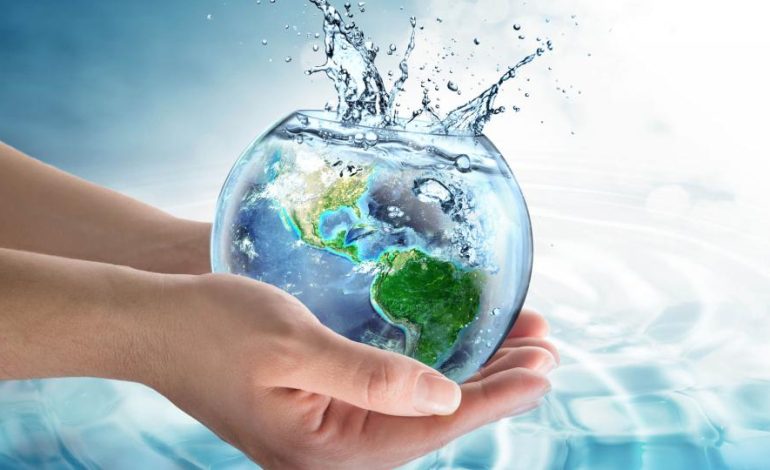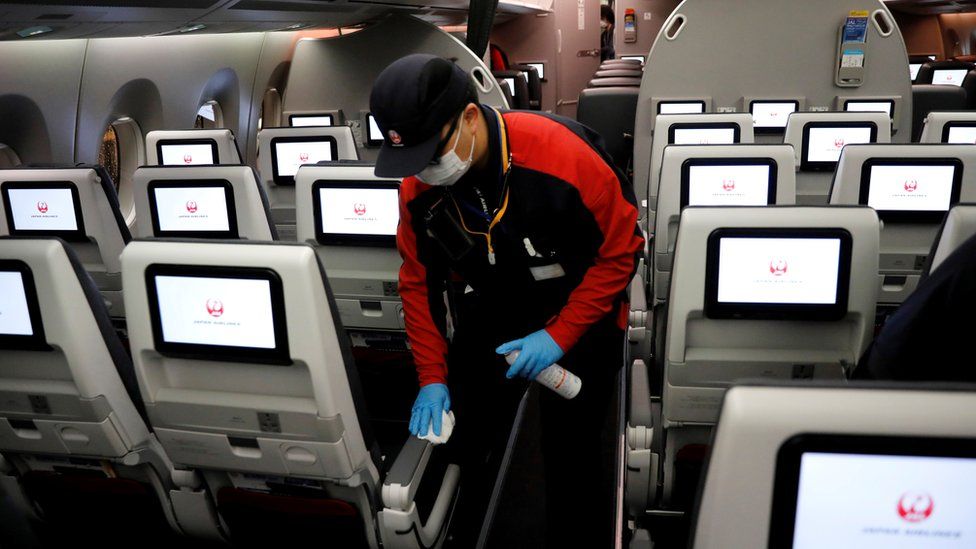
The world is facing a crisis of epic proportions – the global water crisis. It’s a reality that often goes unnoticed amidst our daily lives, but the truth is that millions of people around the world lack access to clean and safe water. This dire situation not only affects human health and well-being, but it also hampers progress in education, economic development, and overall quality of life.
However, there is hope on the horizon! NGOs (Non-Governmental Organizations) and governments are stepping up to tackle this pressing issue head-on. In this blog post, we will explore how these two entities can work together to combat the global water crisis effectively. So grab a cup of refreshing H2O and let’s dive into this crucial topic!
The role of NGOs in providing clean water access
NGOs play a crucial role in addressing the global water crisis by providing clean water through water hand pump donation. These organizations work tirelessly on the ground, implementing projects and initiatives that aim to improve water infrastructure, educate communities about proper sanitation practices, and ensure sustainable access to safe drinking water.
One of the key strengths of NGOs is their ability to focus on specific regions or communities that are most affected by the lack of clean water. By working closely with local partners and stakeholders, NGOs can tailor their interventions to meet the unique needs and challenges faced by these communities.
NGOs also bring innovation and expertise to the table when it comes to finding solutions for clean water access. They invest in research and development, exploring new technologies such as solar-powered pumps or low-cost filtration systems that can provide sustainable solutions even in remote areas.
NGOs understand that tackling the global water crisis requires not only providing physical infrastructure but also empowering individuals and communities. They engage in capacity-building activities, training community members on how to maintain wells or purify drinking water effectively. This approach ensures long-term sustainability beyond project completion.
Examples of successful NGO initiatives
In a world where millions of people struggle to access clean water, NGOs have played a crucial role in implementing successful initiatives to address the global water crisis. These organizations work tirelessly to provide sustainable solutions and improve the lives of communities facing water scarcity.
One prime example is charity: water, an NGO that has revolutionized fundraising for clean water projects. Through innovative campaigns and partnerships, they have raised millions of dollars to fund drilling wells and installing hand pumps in developing countries. This not only brings safe drinking water closer to those in need but also empowers local communities by involving them in the process.
Engineers Without Borders (EWB) has been instrumental in designing sustainable solutions for remote areas facing acute water shortages. Their projects involve constructing rainwater harvesting systems, implementing filtration techniques, and even creating gravity-fed irrigation systems—all designed specifically for each community’s unique needs.
These examples demonstrate how NGOs are actively tackling the global water crisis through innovative approaches tailored towards specific regions and communities. By focusing on sustainability, empowerment, affordability,and technological advancements these initiatives are successfully transforming lives across the globe.
Government policies and actions to address the water crisis
Governments play a crucial role in addressing the global water crisis. They have the power to implement policies, regulations, and initiatives that can ensure access to clean and safe water for all. One of the key areas where governments can make a significant impact is through infrastructure development.
Investing in water infrastructure projects such as dams, reservoirs, pipelines, and treatment plants can greatly improve water availability and quality. By developing these systems, governments can ensure a more reliable supply of clean water to communities in need.
Government-led awareness campaigns are essential to educate people about proper water usage and conservation techniques. These campaigns should target both urban and rural populations with messages about responsible usage habits like fixing leaky faucets or using low-flow showerheads.
Another important aspect of government action is providing financial support for NGOs working towards tackling the water crisis. Governments can allocate funds specifically for initiatives that focus on improving access to clean drinking water or sanitation facilities in underserved areas.
Challenges faced by NGOs and governments in tackling the issue
1. Limited resources: One of the major challenges faced by both NGOs and governments is limited financial resources to implement large-scale water projects. Constructing infrastructure, such as drilling wells or installing filtration systems, requires significant funding that may not always be readily available.
2. Political instability: In certain regions affected by the water crisis, political instability can hinder efforts to address the issue effectively. Conflicts, corruption, and lack of cooperation between different factions can disrupt initiatives aimed at providing clean water access to communities in need.
3. Infrastructure limitations: In some areas with inadequate infrastructure, it becomes challenging for NGOs and governments to establish sustainable solutions for clean water supply. Poor road networks or remote locations make it difficult to transport equipment or maintain existing facilities.
4. Climate change impact: The increasing frequency of droughts and unpredictable weather patterns caused by climate change pose a significant challenge in tackling the global water crisis. These environmental factors exacerbate scarcity issues and necessitate adaptive approaches from NGOs and governments alike.
5. Cultural barriers: Local customs, beliefs, and practices can sometimes create obstacles when implementing water projects. Lack of awareness about proper sanitation practices or reluctance to adopt new technologies may impede progress in ensuring safe drinking water access for all.
The importance of collaboration between NGOs and governments
Collaboration between non-governmental organizations (NGOs) and governments is crucial in tackling the global water crisis. These two sectors have complementary strengths and resources that, when combined, can lead to more effective solutions.
NGOs often have a deep understanding of local communities and their specific needs. They are able to work closely with these communities to identify the most pressing water-related challenges and develop targeted interventions. NGOs also bring innovation and flexibility to the table, as they can quickly adapt their approaches based on real-time feedback from the ground.
On the other hand, governments possess the authority, infrastructure, and funding necessary for large-scale implementation of projects. They play a critical role in enacting policies that promote sustainable water management practices and providing long-term support for initiatives aimed at improving access to clean water.
By collaborating with NGOs, governments can tap into their expertise while leveraging their own resources effectively. This partnership ensures that initiatives are not only well-informed but also implemented efficiently. It allows for better coordination among various stakeholders involved in addressing water scarcity issues at both local and national levels.
Future solutions and outlook for addressing the global water crisis
As we look towards the future, it is clear that tackling the global water crisis requires a collective effort from NGOs, governments, and individuals. While progress has been made in providing access to clean water, there is still much work to be done.
One of the key solutions lies in sustainable funding for NGO initiatives. By donating funds or resources such as water hand pumps, individuals can directly contribute to providing clean water access to communities in need. This not only helps alleviate immediate challenges but also promotes long-term sustainability by empowering local communities.
Governments play a crucial role in implementing policies and regulations that prioritize water management and conservation. They must invest in infrastructure development, wastewater treatment plants, and education programs on proper sanitation practices. Moreover, collaboration between governments is essential for sharing knowledge and best practices across borders.
Education plays an important role too – raising awareness about responsible consumption habits can help reduce wastage and ensure equal distribution of available resources. Additionally, promoting gender equality within communities can empower women who often bear the burden of collecting scarce water supplies.
It’s important to remember that solving the global water crisis will require ongoing commitment from all stakeholders involved – NGOs providing direct support on ground level while governments enact policies at a macro level. Collaboration between these entities is key; they must work together towards common goals rather than operating independently.










